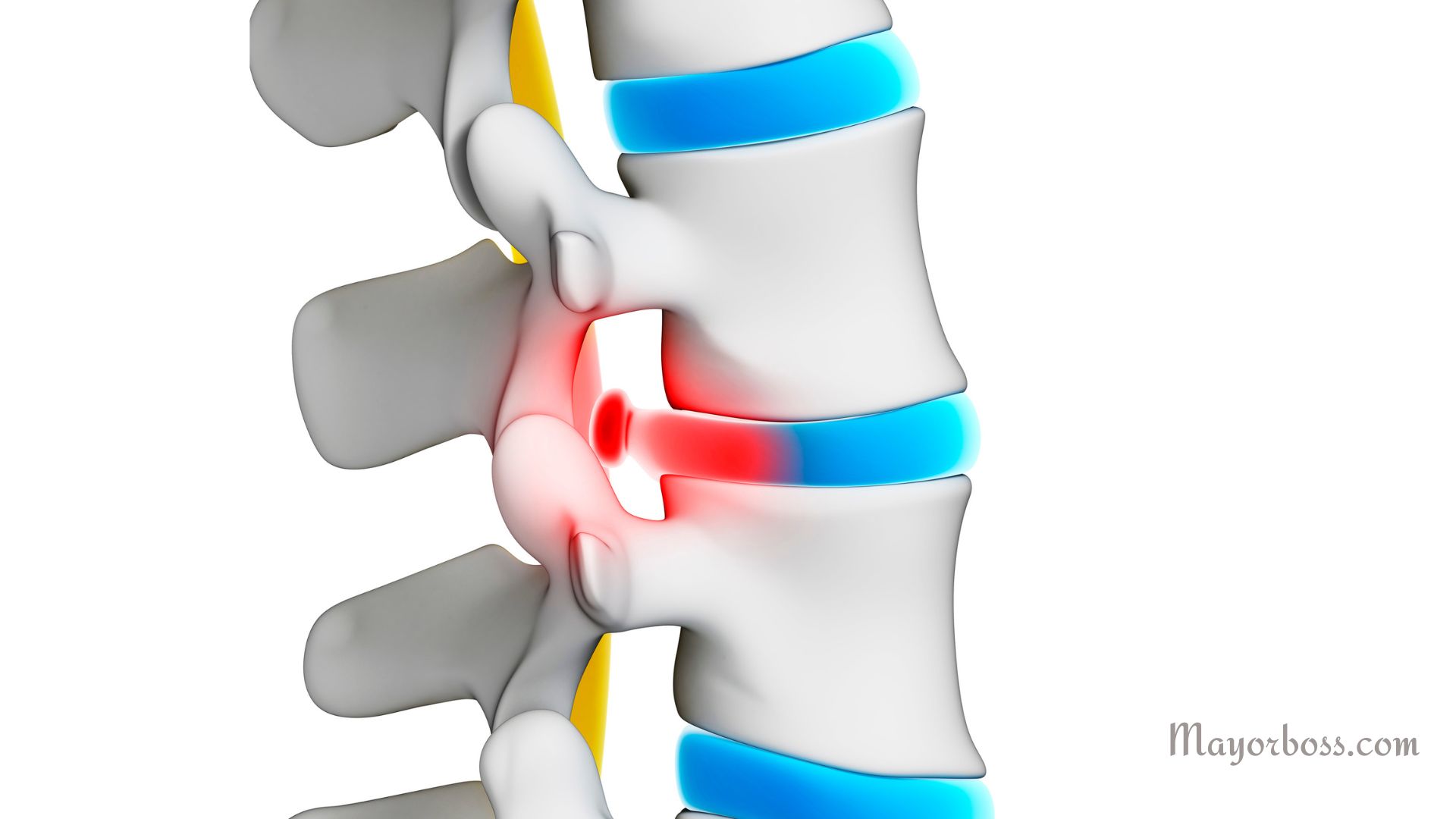If Your Pancreas Is in Danger, the Body Will Give You These Signs!
The pancreas might not be as well-known as other organs, but it is super important for keeping you healthy. This long, flat gland is behind your stomach and has two main jobs: making enzymes to help you digest food and releasing hormones like insulin to control your blood sugar. When your pancreas is having problems, it can lead to serious health conditions like pancreatitis, diabetes, and even pancreatic cancer. So how can you tell if something is wrong with your pancreas? Your body will show you some signs. Here are the most significant symptoms of pancreas problems.

You Might Have Severe Pain in Your Upper Belly
If your pancreas is in trouble, one of the major signs is strong pain in your upper belly. This pain often starts suddenly and can be very intense. It usually starts in the middle of your belly, right below your ribs, and might spread to your back. The pain often gets worse after eating, especially if the meal is fatty.
Doctors say that pain in the upper belly is one of the clearest signs of pancreatitis, which is when your pancreas gets inflamed. If you have pain that lasts for hours or days, especially if it gets worse after eating, you should see your doctor right away.
You Feel Nausea and Vomit After Eating
If your pancreas isn’t working right, it can make it hard for your body to digest food. This can make you feel nauseous or even vomit, especially after eating a big meal. When your pancreas doesn’t produce enough enzymes, the food in your stomach doesn’t get digested well, which can make you feel sick.
Feeling sick or vomiting is often a common symptom of pancreatitis. If you find yourself feeling like this a lot, especially after eating, it’s important to see a doctor. These symptoms are even more worrying if they happen along with belly pain.
You Lose Weight Without Trying and Notice Fatty Stools
If your pancreas is in danger, it may cause weight loss because your body isn’t absorbing nutrients properly. This happens when your pancreas isn’t making enough enzymes to break down fats and proteins from your food, so they just pass through your body.
Another sign of this is steatorrhea or fatty stools. These stools look pale and greasy and smell worse than usual. Since the pancreas can’t break down fats properly, they end up in your stool, making it look oily or float. If you notice sudden weight loss along with fatty stools, see your doctor, as these could mean your pancreas is in trouble.
You Notice Changes in Your Blood Sugar Levels
Your pancreas makes insulin, which is the hormone that controls your blood sugar levels. When your pancreas gets damaged, it may not make insulin properly, and this can lead to signs of diabetes. You may feel very thirsty, need to pee a lot, or feel very tired—these are common signs of high blood sugar.
When your pancreas struggles to produce insulin, you might develop type 1 or type 2 diabetes. If you notice changes in your blood sugar levels without a clear reason, doctors say it could be a symptom of a pancreatic issue. Pay special attention to these symptoms, especially if you don’t already have diabetes.
Your Skin and Eyes Turn Yellow
Another first sign that your pancreas might be in danger is jaundice. Jaundice happens when there is too much bilirubin, a yellow substance made by the liver, in your body. This can happen if the bile duct, which runs near the pancreas, gets blocked due to inflammation or a tumor. Because of this, your skin and the whites of your eyes may turn yellow.
Jaundice can also cause dark urine and pale stools. Experts say that jaundice may indicate pancreatic cancer, especially if it also causes itching. If you notice your skin or eyes turning yellow, call your doctor right away.
You Feel Tired or Weak All the Time
Feeling really tired or weak can also be a sign that something is wrong with your pancreas. If your body isn’t getting the nutrients it needs—either because your pancreas isn’t releasing enzymes or because your blood sugar is out of balance—you can feel extremely tired. This isn’t just being tired after a long day; it’s the kind of tiredness that doesn’t go away, even if you rest.
Many health problems can cause fatigue, but if it happens along with other signs like belly pain or jaundice, it could mean something is wrong with your pancreas. Your doctor might do blood tests or imaging to see what’s going on.
You Have Digestive Problems and Bloating
When your pancreas isn’t working well, it can cause digestive problems like bloating, gas, and cramps. This happens because your food isn’t breaking down properly, so your gut bacteria have to work extra hard to digest what’s left, which causes more gas.
Doctors say that pancreatic insufficiency—when your pancreas doesn’t make enough enzymes—often leads to digestive discomfort. If you feel bloated often, especially after eating fatty foods, it’s time to talk to a healthcare professional.
You Might Develop a Fever
When the pancreas gets inflamed, like in cases of acute pancreatitis, your body might respond with a fever. A fever, along with a fast heartbeat, can mean that your body is fighting inflammation or an infection. If you have a fever along with upper belly pain, it could mean something serious is happening that needs medical attention.
According to the Cleveland Clinic, fever and a fast heart rate are common signs of acute pancreatitis and shouldn’t be ignored. If you have these symptoms, get medical help right away.
You Have Back Pain Along with Belly Pain
One strange thing about pancreatic pain is that it often spreads to your back. People usually describe it as a dull, constant pain that starts in the upper belly and moves to the back, especially between the shoulder blades. The pain often gets worse when you lie down but feels better when you sit up or lean forward.
This type of pain, especially if it comes with nausea or vomiting, could be a sign of pancreatitis or even pancreatic cancer. Experts recommend seeing a doctor if you have ongoing back pain without an obvious reason, especially if it happens along with other symptoms mentioned earlier.
Talk to Your Doctor About Any Symptoms
If you have any of the signs we’ve talked about, it’s important not to ignore them. The pancreas is a delicate organ, and if something goes wrong, it can get serious fast. Ongoing problems with your pancreas can lead to diabetes, poor nutrition, or even more serious issues like pancreatic cancer.
If you notice strong belly pain, sudden weight loss, yellow skin or eyes, or any other concerning symptoms, talk to your doctor about getting checked. Early treatment is key to managing pancreatic issues, and your doctor might do blood tests and imaging or even send you to a specialist to help manage it.






